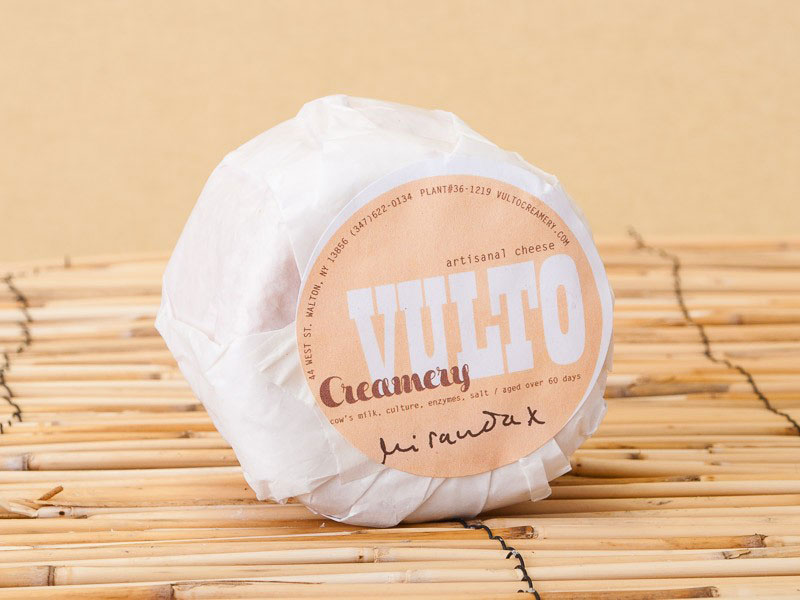Two listeria deaths have been reported this week. Officials believe that it may have been caused by a soft raw milk cheese called Ouleout.
The cheese came from Vulto Creamery in New York State, and the creamery has recalled all lots of Ouleout, as well as Miranda, Heinennellie, and Willemoc –all soft cheese – from around the country. The cheese was available at a Whole Foods shop in Fairfield, Connecticut, and it is believed many cheese specialized shops received the product.

The deaths, which haven’t been identified yet, occurred in Vermont and Connecticut, and six other listeria cases have been reported in New York, Florida, Vermont, and Connecticut.
The people infected range from less than a year to 89 years old, and five of them are female according to the Centers for Disease Control and Prevention (CDC). The Listeria bacteria can grow in raw milk and foods made with it and can be killed by cooking and pasteurization, although it survives refrigeration.
CDC recommendations
The CDC published a statement on Thursday, stating the dangers of the disease and recalling the details of the people that have been affected. They clarify that the people infected have been reported from September 1, 2016, and that they all ate various types of soft cheeses in the month before their illness started.
The outbreak strain of Listeria was identified in samples taken from three intact wheels of Ouleout cheese collected from Vulto Creamery. The CDC urges consumers, restaurants, and retailers to restrain from consuming soft cheeses made by Vulto Creamery, distributed to northeastern and Mid-Atlantic states.
CDC estimates that 1600 people contract listeria each year, and about 260 dies. The infection is most likely to affect pregnant women and their newborns, adults aged 65 or older and people with weakened immune system. Symptoms variate from fever, diarrhea, fatigue, muscle ache, headaches, loss of balance, convulsions, meningitis and in pregnant women it can lead to miscarriage, stillbirth, premature delivery, or a life-threatening infection in the newborn.
Raw milk risk
Vulto Creamery makes small batches of handmade cheese using raw milk that they get from local dairy farmers. However, raw milk is vulnerable to bacteria, because it is not heated to a specific temperature for a specific period of time to kill bacteria. This process is commonly known as pasteurization, and it prevents bacteria from developing, which can cause serious illnesses such as listeria.
Raw milk can come from cows, goats or sheep and the CDC says it presents one of the biggest risks to consumers because it can cause diarrhea, stomach cramping, and vomiting, and in some rare cases it can cause kidney failure, paralysis, chronic disorders and even death. Raw milk products are illegal in 20 U.S states, can be obtained from dairy farms in 25 states and are available for purchase in 13 states.
Source: BBC
